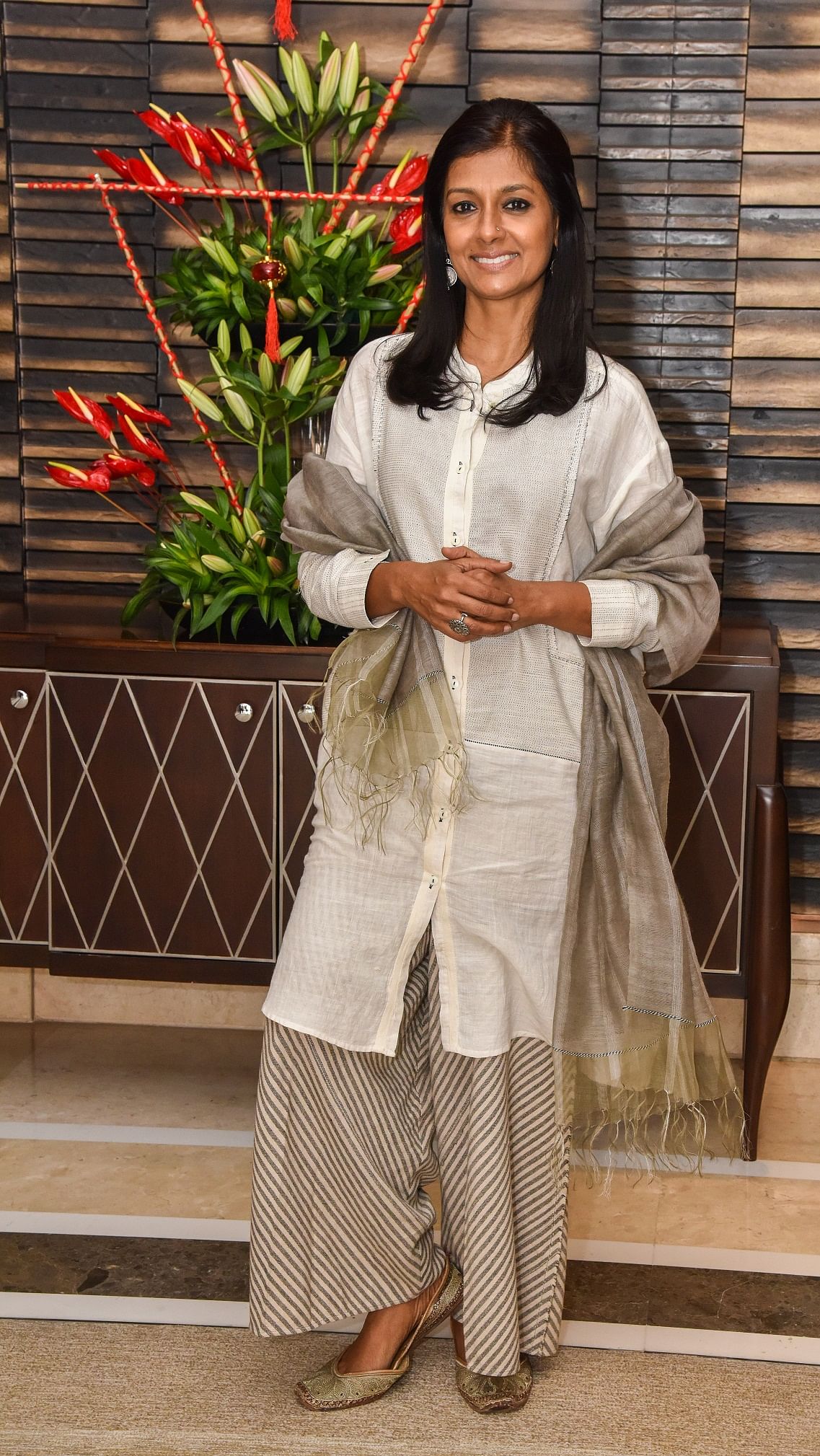
Actor and director Nandita Das says that she was always fascinated by the work of Manto. And she says that it didn’t take her too long to decided to write and direct a film on Manto.
The film throws light on the work and life of Manto and Nandita feels nobody could have done it better than Nawazuddin Siddiqui, who plays Manto.
In a free-wheeling chat with Metrolife, Nandita talks about what inspired to make the film and more.
After Firaaq you have taken on a directorial role almost after a decade. So what really made you return with Manto?
In 2012 during Manto’s centenary celebration a lot was being written about Manto and his essays were being published. When I read them, I thought this man was incredibly modern. Seventy years back he was saying the same things that I want to say. It deeply resonated with my own concerns and angsts and I felt it will be fascinating to kind of reintroduce him people, especially the younger generation.
Also, we need these kinds of role models who makes us realise that it is important to have convictions and once you have it courage will follow.
Either we are censored by somebody or we are censoring ourselves. So I think Manto’s relevance has grown since 2012, when I first started thinking of making the film to now.
How did you go about the research for this film?
That was a mammoth task because there was just so much material. It helped that he is a prolific writer because very few people who knew him are alive as he died at the age of 42. I met his daughters who have some memories though they were very young.
Their memories are mostly from his last phase and much of it is based on what they have heard from others. I met his sister-in-law, his wife Safia’s sister Zakiya Khala as I call her in Lahore and she had lot more memories of him. I started with a 10-year story and then narrowed it to four years- the period from 1946 to 1950.
For me that was the most significant period in Manto’s life and also in the life of the two countries -- the period before and after Partition.
Your film speaks about a fearless writer but today we live in a world where many writers are being silenced. What do you think about that?
I knew Gauri well but it could have been you or me or anybody.
We think of ourselves as a democracy and a civilised nation but the times we are living in are scary. Somebody just comes to your house and shoots you.
Thank God for all those people who speak up for us. Many of them are lounging in jail right now because they spoke out. If any voice of dissent is going to be squashed then what hope do we have?
If we want a different atmosphere then we have to do something. That is why I have used Faiz’s poetry ‘Bol Ke Lab Aazad Hain Tere’ - Speak up for your tongue is free.
Because that is the thought I want to leave the audience with.
‘Deveere’ a film by Kavita Lankesh, Gauri’s sister, is the only Kannada film you have done. Do you plan to do more Kannada films?
I do not select films on the basis of language but I am open to working on any language.
Kannada has such rich literature and such amazing writers. If I get a good offer from a good director for a good story then I will happily be a part of it.